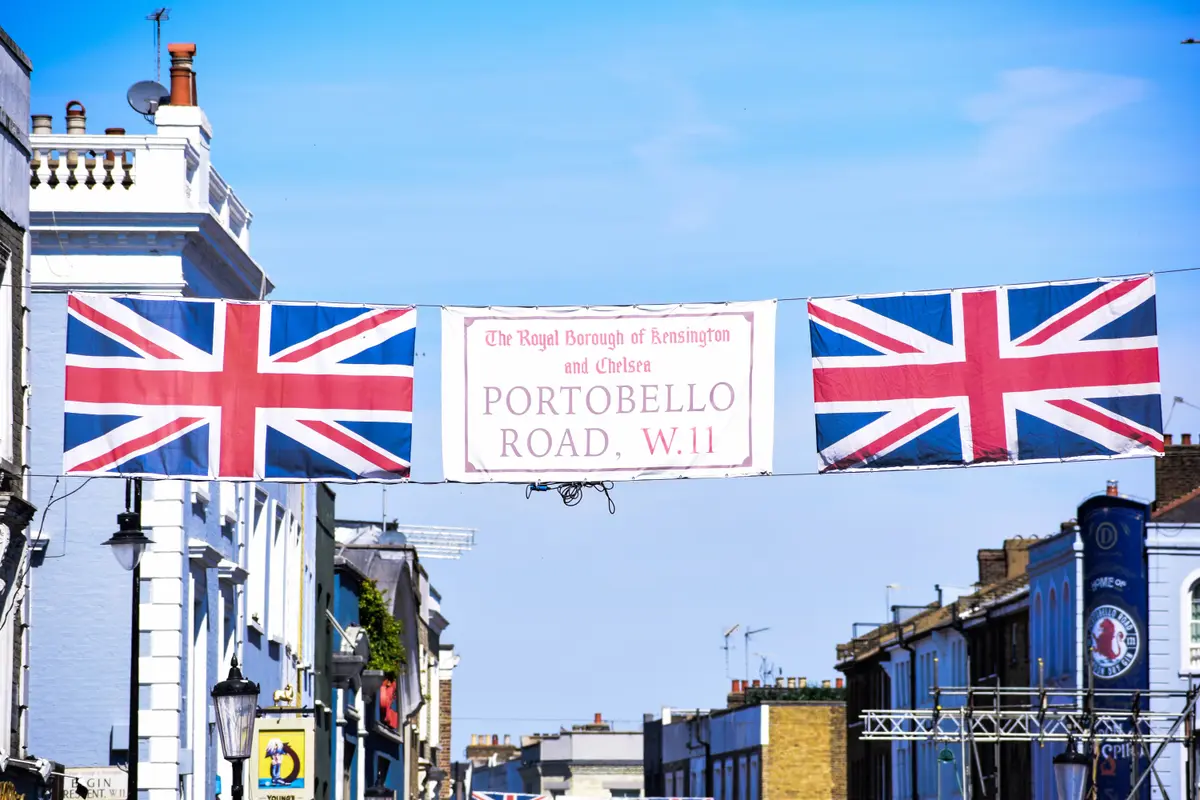A discussion paper examining the emerging field of platform regulation in the UK
This paper will be vital reading for policymakers, regulators, and industry representatives. It is the first attempt at mapping the regulatory landscape, creating a taxonomy of 80 distinct online harms, eight areas of law that need to considered by regulators, nine different agencies who are responsible for regulation, and a diverse range of different regulatory tools that can be used and policy levers that can be pulled.
We have also published an accompanying Policy Brief designed to be a shorter summary of the key findings, conclusions and recommendations from the Discussion Paper.
Much of our time is spent on online platforms like Facebook, Amazon, Google or Zoom, and that is unlikely to change in the near future as more people decide to work remotely and more people are able to easily access the internet.
Most of these platforms are owned and run by large multinational companies, often based in the USA, and operating in part outside of UK law and regulations. These companies are important and influential. We spend a lot of our time using their services. They can be our primary source for news, entertainment and, increasingly, education and income. The decisions their engineers and executives make have an impact on our politics, our relationships, and our mental health.
Platform regulation is, therefore, a vitally important issue, and it is a complex policy landscape. There are numerous authorities, departments and agencies that have some responsibility over regulation and decision making. As a result, it can be a confusing topic, where there is a limited consensus on the best approach to designing regulation that protects citizens and consumers while encouraging innovation and growth in the sector. Policymakers and regulators have, for example, struggled to even come up with a widely agreed definition for ‘platform’.
In this Discussion Paper, the PEC’s researchers from CREATe, University of Glasgow, who lead our work in intellectual property and regulation, looked at eight reports issued by the UK government between September 2018 – February 2020 that dealt with issues such as online harms, cyber crime, and the regulation of social media platforms.
They have found that policymakers are focusing on two key areas, Online Harms and Competition. US multinationals – Google and Facebook in particular – have captured regulators’ attention, and they dominate references in the official literature.
The authors consider some of the outcomes for the UK’s regulatory authorities, and discuss the advantages and disadvantages of the UK’s multi-agency approach, splitting responsibility among multiple department and arms length bodies.
Published 02 June 2021
Photo by Prateek Katyal on Unsplash
Related Discussion Papers
Demand for Creativity and AI Skills in the Post-ChatGPT Labour Market
This study examines the evolving relationship between employer demand for creativity and AI skills i…
Regional Trade Agreements, Cultural Provisions and Trade in Cultural Goods
Analysing the impact of Regional Trade Agreements on the bilateral trade of cultural goods from 1999…
International Trade Challenges and the Effectiveness of Support Measures for the UK’s Creative Industries
The formidable challenges confronting the UK’s creative industries in the realm of exports, st…
Northern England’s Creative Industries
The Creative Industries are already a driver of growth across the UK economy. Export-intensive and m…
Creative Destruction? Creative firms, workers and residential gentrification
A new study by Tasos Kitsos, Max Nathan, and Diana Gutierrez-Posada finds only a minor influence of …
Speaking with One Voice
A fundamental remit of the BBC, and other public service broadcasters (PSBs) like ITV and Channel 4,…
Transitioning to Sustainable Production across the UK Theatre Sector
This discussion paper examines transitional pathways to sustainable theatre production in the UK. By…
Identifying and analysing UK fashion micro-clusters
The UK’s Fashion and Textiles industry contributed almost £20 billion to the UK economy in 202…
Net Zero as a catalyst in fashion micro and small enterprises
This report identifies examples of work taking place across three levels of change – social, e…
The Motives of Inbound Foreign Direct Investors in the UK Creative Industries
The UK’s creative industries have a global reach. British arts, technology, and design are internati…
Brexit uncertainty and international trade in services: Evidence from the UK creative industries 2014-2019
This discussion paper is based on one of the first studies to look at the impact of Brexit on the Cr…
Working Together – Cooperatives as a creative industry business model
This authors looks at how creative workers and students typically understand cooperatives, explore t…












